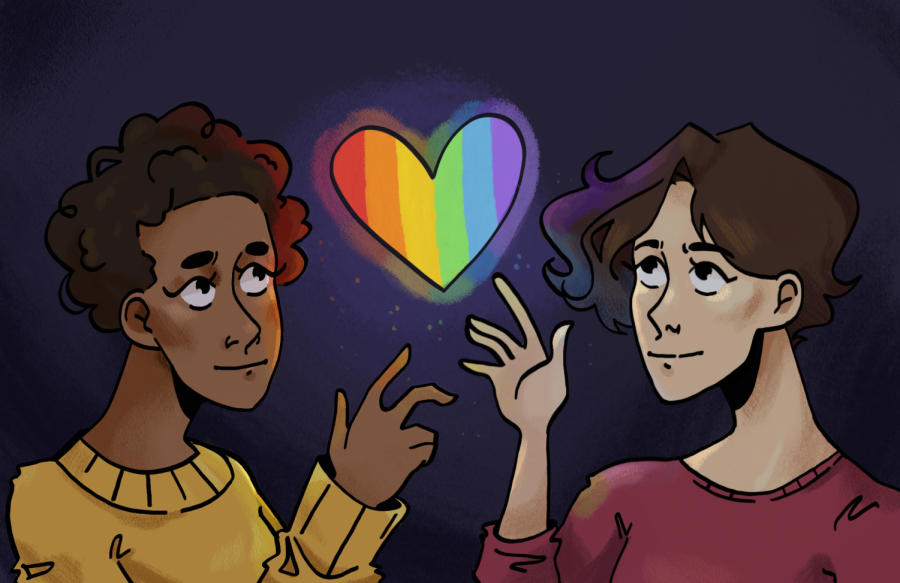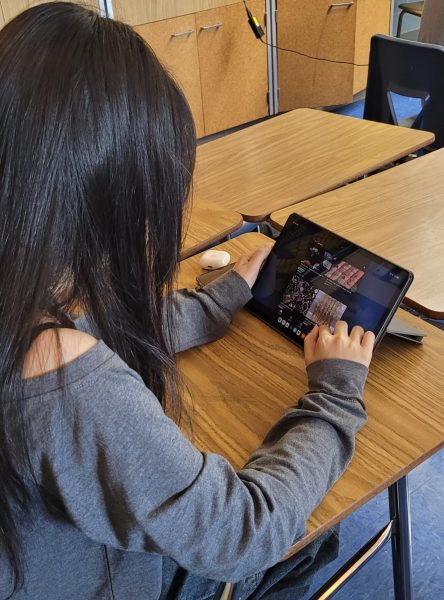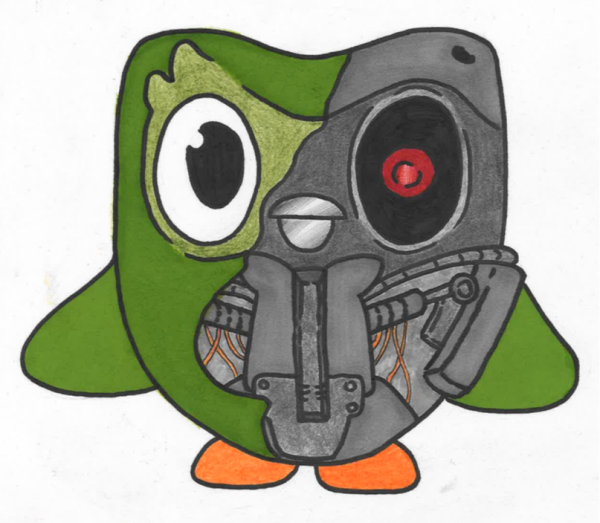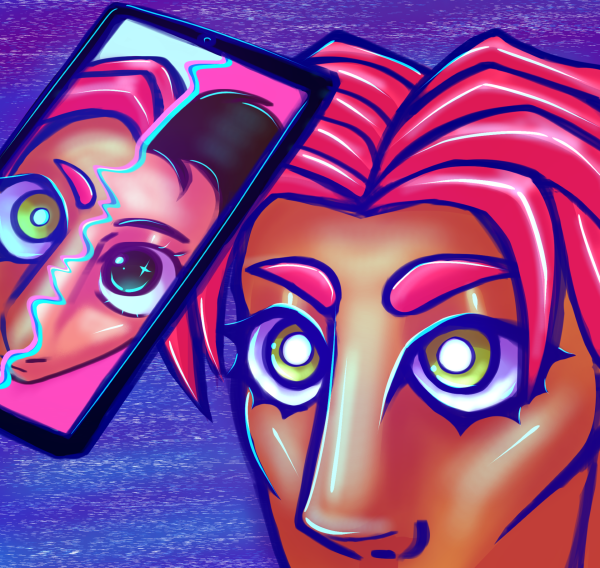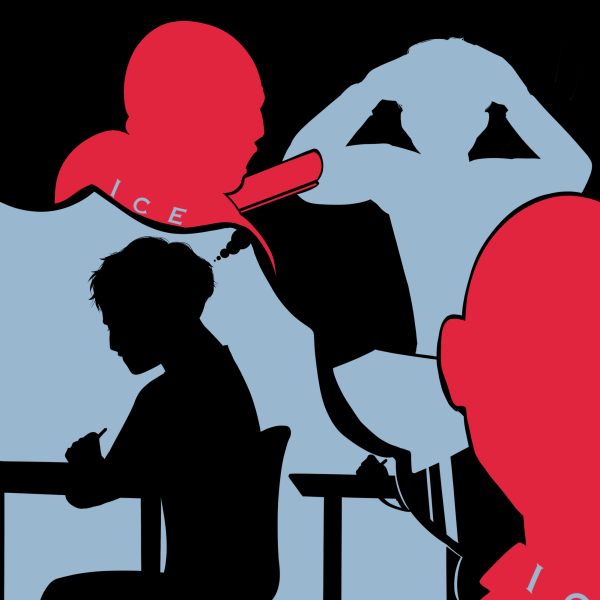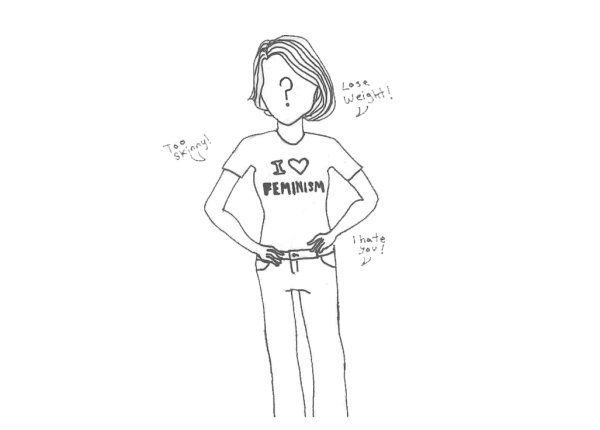LGBTQ+ rights stagnate due to absence of protective laws
Although American’s tend to pride themselves in “liberty and justice for all”, recent studies and statistics show that years after the legalization of gay marriage, members of the LGBTQ+ community are still being hate crimed at high rates.
Back in 2015, same sex marriage was made legal after a 5-4 vote by the United States Supreme Court. This vote was life-changing for every LGBT person in America and has been a huge step forward for the community. Unfortunately, after this momentous change was made, LGBT hate crimes took a spike in the next year, mostly transgender people of color (as previously reported here by Ny’Jerria Jordan). This is an especially horrible occurrence since LGBT people owe transgender people of color (POC) for being exceptional leaders throughout the entirety of the LGBT struggle for rights. In fact, hate crimes against LGBT people make up about 20.8% of all hate crimes in the U.S. according to a hate crime report of 2013 released by the FBI. Hate, however, is only one of the many injustices LGBT people face today.
Another prominent struggle from the community is the lack of worker’s rights. Between 2007 and 2015, the Employment Non-Discrimination Act (ENDA) was the main bill LGBT people were actively supporting, but after that year, the Equality Act was proposed as a better option since the ENDA truly wasn’t as inclusive as LGBT people wanted. The Equality Act was sent to the Senate May 20, 2019 and still remains languishing in legislative purgatory there to this day. The Equality Act would amend the Civil Rights Act to make discrimination of people based on their sexual orientation and gender identity illegal when it comes to housing, employment, public education and many other basic civil rights.
In addition to civil rights not being met, LGBT people are also less likely to have their medical needs met. Conversion therapy, in which LGBT youth are sent to “camps” to brainwash and shame them into “renouncing” their sexuality, is also still legal in most of the country. In fact, the practice is still legal in most of Minnesota. In April of 2019, the Minnesota house of Representatives attempted to incorporate a new section in the omnibus health and human services bill that would ban conversion therapy of minors and received a losing vote of 72-53. Later in the same month, the Minnesota Senate proposed to strike that section but were voted out by 34-30.
LGBTQ+ Americans still have a long way to go before full rights will be granted and unfortunately those are not the only issues LGBTQ+ people struggle with. According to a recent study co-conducted by Hilary Rose, an associate professor at the Department of Applied Human Sciences at Concordia in Canada, LGBT youths are less likely to receive support and care from their parents. The study also concludes that overall acceptance has worsened in the past 20 years. Especially in the context of the pandemic, LGBT children are stuck at home with parents who may be intolerant or dismissive of their child’s sexuality or gender.
LGBT issues are extensive and complicated—as most issues are—but they don’t have to be taboo. Learning about others is a part of the human experience and should be cherished as well as explored. We’ve come very far as a nation and as a world in the acknowledgement of LGBT people, but we still have a long way to go in terms of acceptance, respect and equal treatment of our LGBT siblings from all backgrounds and cultures. Ways that allies can help LGBT individuals are as simple as reading up on LGBT issues and history and lifting up LGBT voices by listening to them and working hard to make sure they’re heard by the public.


